There is a palpable sense of loss and vulnerability in the Novato High Performing Arts Center (PAC) on this warm Wednesday afternoon. There is also a powerful sense of community, of people coming together to forge a path forward.
Wednesdays are an early dismissal day at Novato High, and although most students have headed home, a small group of volunteer students has stayed and is sitting in the front two rows of seats in the PAC. They are here for a special after-school mental health awareness program entitled Student Advocacy Day, designed for students who wish to address the lack of resources and education for mental health in high schools. A handful of adults slip quietly into seats behind the students, amongst them Jim Hogeboom, Superintendent of the Novato School District, and various Novato High counselors, teachers and administrators. The topic of the afternoon program is suicide prevention and education. Kate Ruehle, who organized the afternoon’s event, lost her son Warren, a senior at Novato High, just four months ago in February, when he died by suicide. Ruehle’s daughter Kara, Warren’s twin, sits in the front row, and just a few seats down is Meghan Talbott, another Novato High parent whose son Jackson died by suicide in December of the previous school year.
Leading Different Lives
At first glance, Jackson Talbott and Warren Ruehle were quite different from each other. Jackson had a big personality – he was charismatic and “cool,” according to his friends and classmates, and popular with girls. A standout lacrosse player, he also wrote beats and had a Soundcloud account where he released his own music and collaborated with other local musicians whose talents he noticed and appreciated. In his bio for the Novato Swarm newspaper where he was a writer, he said that one day he might live off the land in Alaska. He had also expressed interest in someday becoming a therapist.
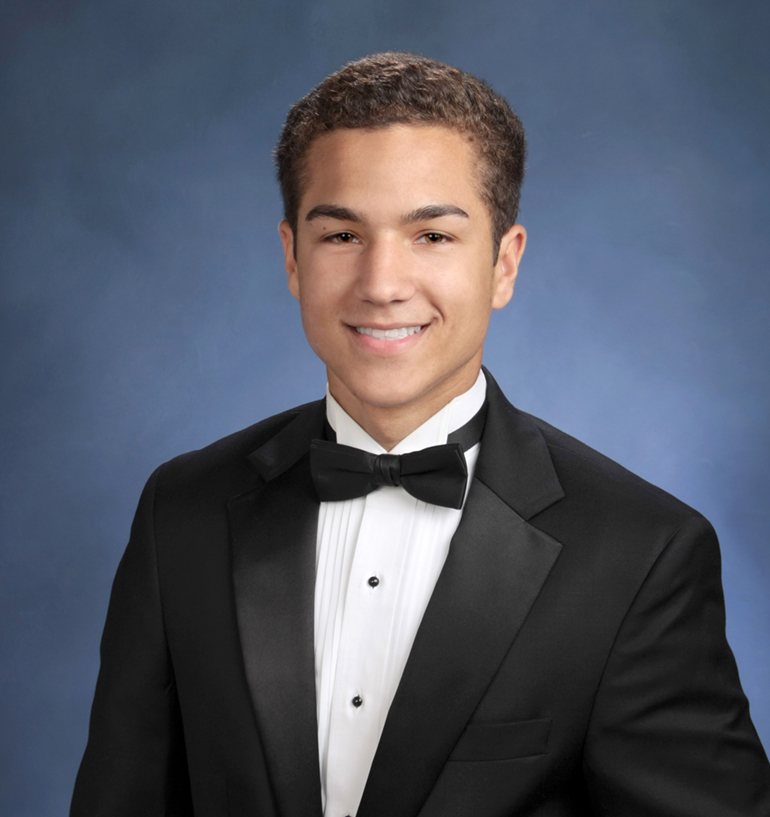
Warren Ruehle was an introvert who preferred small groups of friends. He studied hard, played on the school tennis team, and adored his pets. He made himself smoothies in the mornings, was learning to cook, and played frisbee and basketball after school. He also played video games – including on his League of Legends team, which won awards in local tournaments. At the vigil held the day after Warren’s death, friends spoke of him as thoughtful and kind, an exceptional athlete and highly intelligent. He was known as someone who went out of his way to help others feel included. One friend said, “Either you loved Warren or you didn’t know him.”

Beneath the surface, these two boys shared something similar. Jackson and Warren were privately battling with themselves, with their mental illness and anguish. They also both had the support of wonderful loving families who would do whatever was needed to help them.
Jackson’s note to his family explained that he saw himself as forever screwing things up. Warren’s diary revealed a young man trying to “fix himself,” without asking for help. Both teens struggled every day with the pain of their own impulses and emotions, with self-judgment and the feeling that they were somehow damaged and would never be okay. Jackson died by suicide in December of 2017, and Warren, a year younger than Jackson, died by suicide this past February, 2019.
“I think I was ashamed,” says Jackson’s mother, Meghan Talbott when asked about how much she sought help from the school community as she tried to support Jackson. “I was not ashamed of Jackson himself, but of what he was going through, of his problems. I felt he was seen as a ‘bad kid’ at school – and he definitely felt like a ‘bad kid.’”
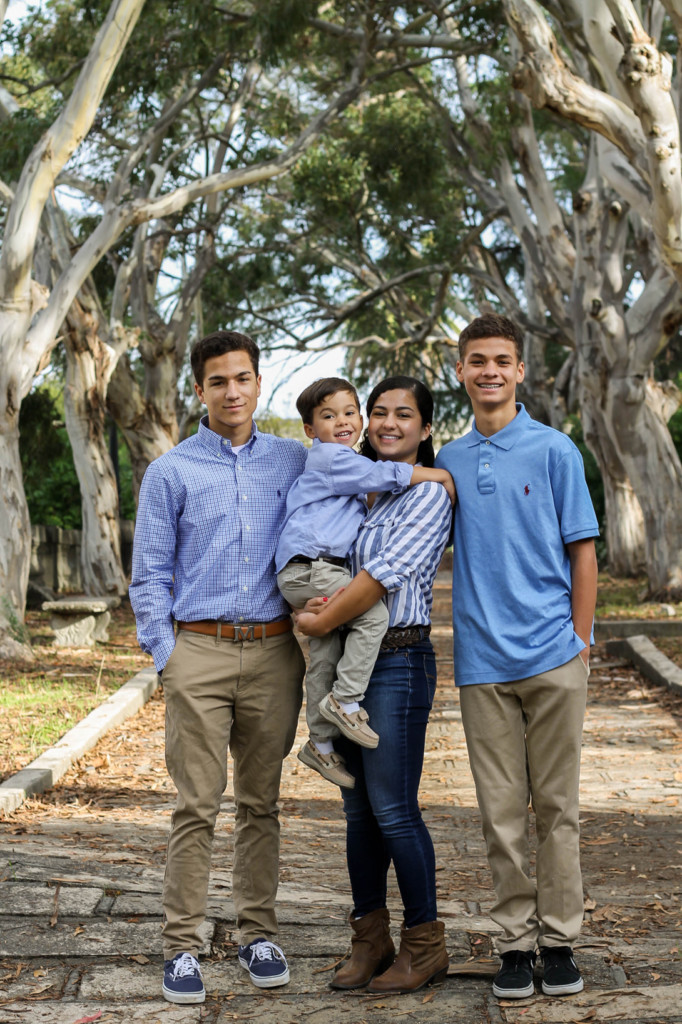
This shame, says Talbott, meant that she and her husband and Jackson were often alone as they tried to understand and treat his anxiety, depression and Oppositional Defiant Disorder (ODD), a condition in which a child displays an ongoing pattern of an angry or irritable mood and defiant behavior. Although Jackson was engaged socially with friends, his mother understood how much he was struggling internally and that he was acting out in pain. She found him a therapist and took him to the emergency room when he said he wanted to die. But at the emergency room, she says, she was treated as if she were overreacting. “It was like, why did you bring your kid here?” Talbott recalls. “I was like, well, where do I go?”
Meanwhile Kate Ruehle tried to engage Warren in family activities and searched for ways to connect and get him to open up. She hoped to get to know him better and find out what was going on in his life, but he wasn’t comfortable sharing his feelings. Before his death she found professional help for him as he suffered from OCD, which combined with chronic insomnia began unraveling his mind. As intrusive thoughts invaded and began to take hold felt he was losing control. In Kate’s words, “He was afraid he was going crazy and didn’t know how to reach out. He suffered in silence never asking for help.”
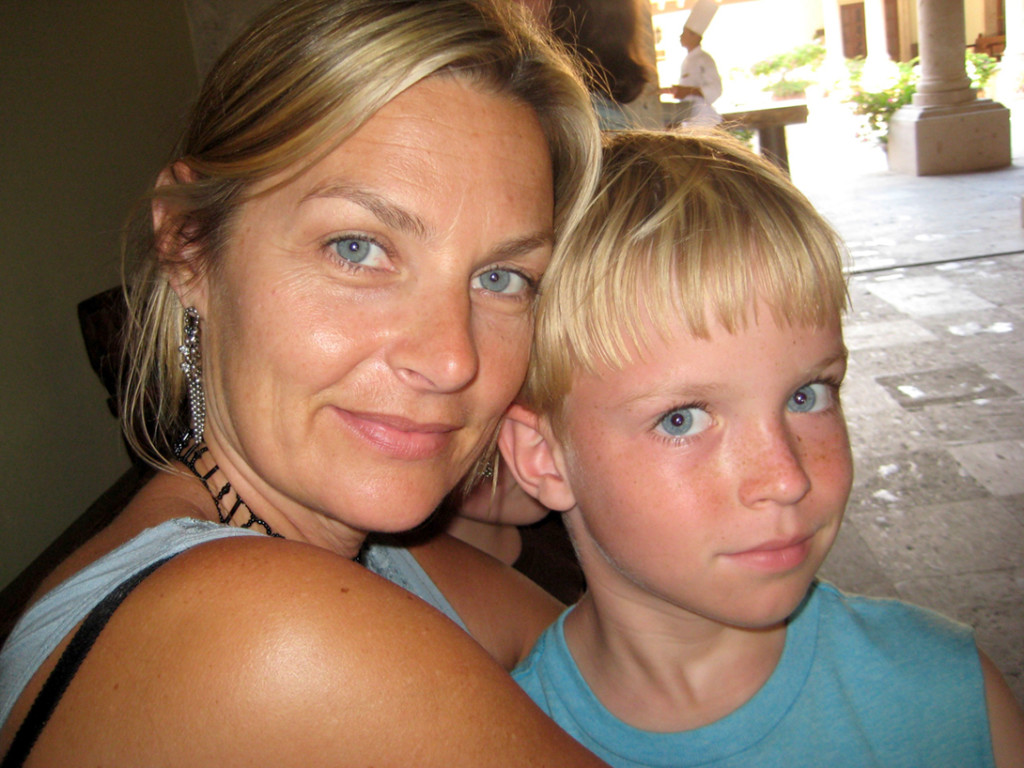
As any of us who have adolescent children can attest, there is no manual or protocol to help parents respond to a teenager’s emotional struggles. In hindsight, Ruehle realized that what is referred to as “typical teenage behavior” can sometimes be a sign of something more serious. She cautions making this assumption.
“I just wish I would have known how to reach Warren, how to connect,” says Ruehle, who has moved through her grief with action, promoting mental health awareness, education and resources for Marin County schools and in the community at large. “How many of us have teens that isolate and shut us out?” asks Ruehle. Since Warren passed away she and her husband Glenn have pored over Warren’s diaries. “How could we have known that breaking through was a matter of life and death? Looking back I realize now that he was isolating because he was deeply troubled.”
Student Advocacy Day
According to Ruehle, she created Student Advocacy Day to honor the work of a group of Novato High students who have been advocating for mental health awareness and resources in the schools. She mentions that the timing of student’s efforts was fortuitous, as the first annual “Wellness Week” at Novato was started the week after Warren died. This gave her hope to carry on. “At that point I knew there was a movement towards change and bringing awareness taking place at Novato High,” she says. “ I felt a strong calling to work with the administrators and students to help create this change and move it along.”
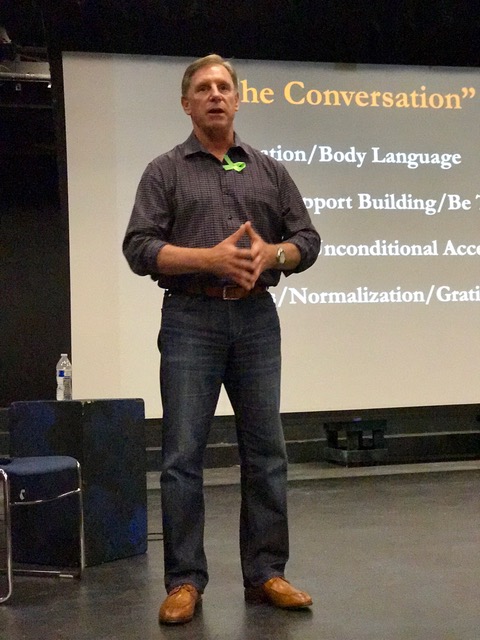
Ruehle takes the stage to introduce a special speaker, Highway Patrol Sergeant Kevin Briggs, otherwise known as the “Guardian of the Golden Gate.” Briggs, a Novato resident and father of teenagers himself, is in plain clothes, but his stature and authoritative presence remind of his career history in the military, as a San Quentin correctional officer, and as a sergeant in the California Highway Patrol. Before his retirement from the Highway Patrol, he was the officer responsible for patrolling the Golden Gate Bridge and speaking with those planning to commit suicide. He explains that in his role he has saved over two hundred lives on the bridge, has written a book about his experiences (Guardian of the Golden Gate: Protecting the Line Between Hope and Despair), and speaks all over the world, including giving a TED Talk about speaking with people in a mental health crisis.
Briggs is disarmingly open and matter-of-fact as he describes his personal mental health challenges and the fact that he has been on medication, is stable and happy, yet periodically still deals with bouts of depression. He is traditionally “macho” and it is striking to hear a man with his demeanor present personal details about his struggles so honestly. For a long time, he tells us, he struggled alone, terrified of what would happen when he admitted the truth – that he needed help – to others. “I was tough, I was a bodybuilder” he says. “I was so afraid of being vulnerable. When you are depressed so often you feel stuffed in a corner all by yourself, and you are the only one going through something like this. What I have discovered is that your health can turn around quickly, just by talking to someone.”
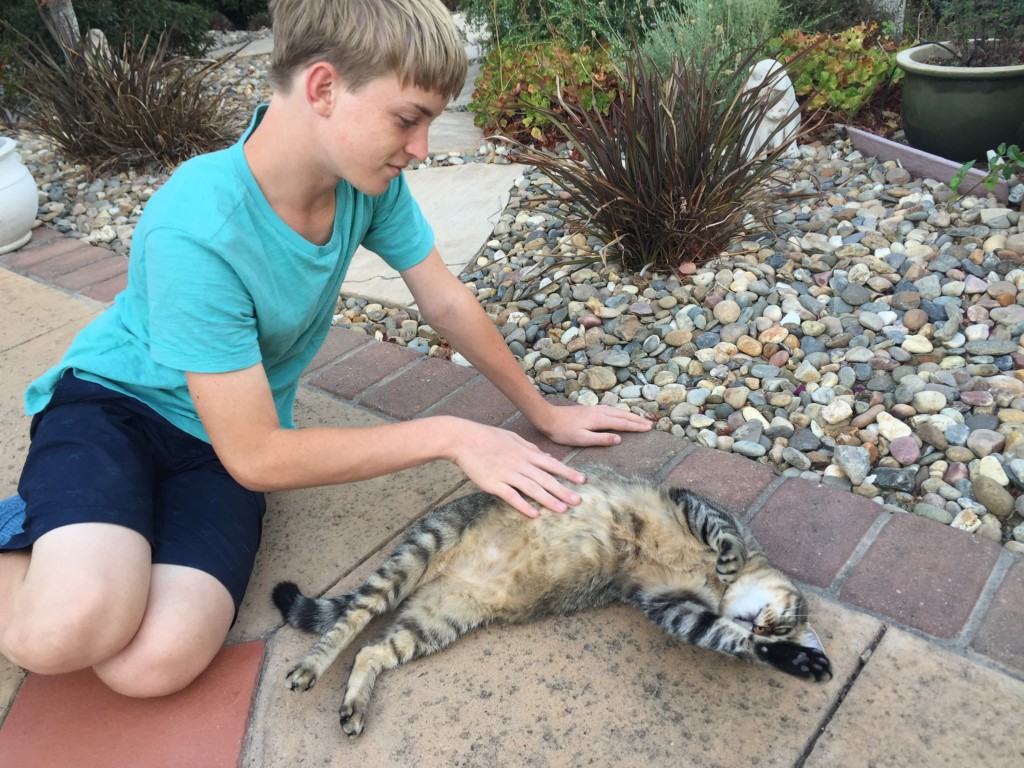
The theme of the day is openness and communication; we must move past the stigma around mental health issues and suicidal thoughts in order to help those in crisis understand that they may seek help, that they are not alone or defective or somehow unworthy, and also to educate others to be available for those in crisis, the way we might teach CPR. We must talk. If we remove the stigma and approach mental health as we would other health issues, we can prepare ourselves.
According to statistics from the Center for Disease Control and Prevention, suicide claimed over 47,000 lives in the United States in 2017 and was the second leading cause of death for individuals between the ages of 10 and 34. There are twice as many suicides as homicides and suicide killed approximately 7000 more people in 2017 than automobile accidents, including drunk driving. Yet, we don’t talk about it the way we speak openly about other causes of death. We are scared. We are ashamed. Boys, especially, do not feel safe speaking honestly about vulnerability (Briggs points out that 74% of suicides are men and boys.) Or, if we are a friend or relative, we may feel under-equipped, scared to offer help or even broach the subject of a loved one’s emotional state.
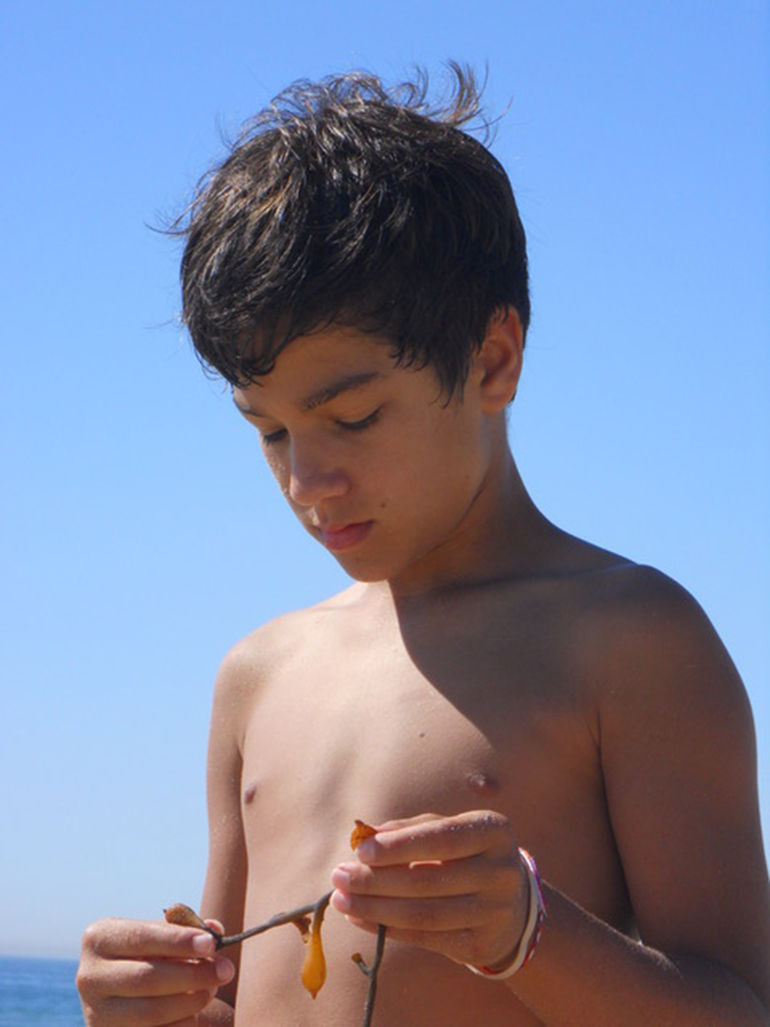
One of Kevin Briggs’ goals is to help people of all ages understand how to talk about suicidal ideation, how to look for signs and begin “The Conversation” with friends or family members – a conversation in which we directly ask questions about mental health and frame of mind about life and the future. “The decision to commit suicide is made in less than 20 minutes for more than 40% of people who attempt suicide,” says Briggs. “Our goal is to get them through this crisis.”
Briggs provides specific information about what to look for, certain common behaviors that are a precursor to suicide, and also details about how to speak to someone in crisis. For instance, it is very common to bring up personal experiences in order to show empathy and connect, but that can create a distance and is not necessarily comforting to a person in pain.
“Active Listening” is an approach to conversation that features unconditional acceptance and puts the person in crisis and their needs at the center of the conversation, which is most likely to create a connection and trust. It is a skill used by trained professionals, but is something that anyone can learn. In fact, two students get up on stage with Briggs to roll play and demonstrate the active listening technique in a conversation between friends. The students are so authentic in their conversation that they, and many of us in the audience, are brought to tears. It is moving. The message from Briggs, who had conversations like this with those very close to death by suicide day after day, is that suicide is preventable and there is hope.
Coping as a Community
School districts tred carefully in their approach to addressing a death by suicide. This is because of the very real concern about what is known as “copycat suicides,” when a cluster of teen suicides happens after news of one suicide. But the rate of mental illness amongst our youth is not something we can ignore or wish away. Anxiety and depression amongst teens grew by 37 percent between 2005 and 2014, according to a study from the Johns Hopkins Bloomberg School of Public Health. The National Institute of Mental Health found that 3 million adolescents ages 12 to 17 had at least one major depressive episode in 2017-18, and, in a 2018 study by the American College Health Association, over 60% of college students reported feeling “overwhelming anxiety.” Here in Marin County we have lost Jackson, Warren and Gabriel Whooley, a Drake High School student, just in the past year and a half, and multiple other students from across Marin have attempted to take their own lives in that time period. We are a county with resources, a county that prides itself on awareness and compassion. We must try to do better for our children and for our families.
Michelle Cortez, an Assistant Principal and Director of the Marin School of the Arts at Novato High, is working with Kate Ruehle and Amie Carter, Assistant Superintendent of the Novato School District, to follow the lead of the nearby Marin Oaks school in an initiative to create a Wellness Center at Novato High. The Suicide Prevention and Awareness team are also forging a partnership with Bring Change to Mind, an organization co-founded by actress Glenn Close with the goal of giving teenagers a platform to share and empower, to educate one another and their communities.
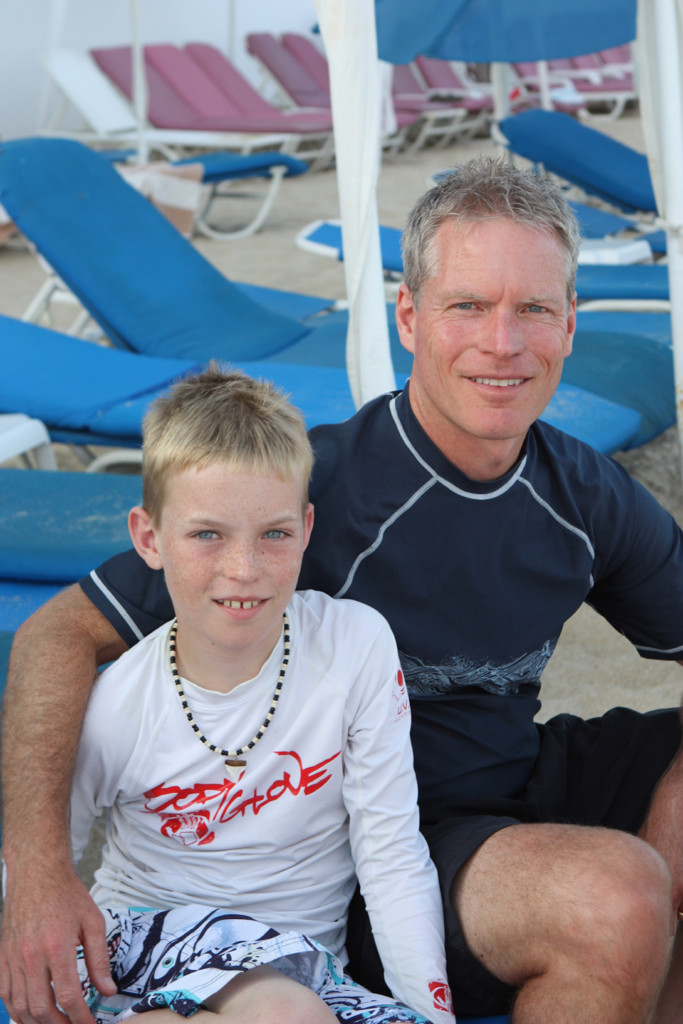
“Our children spend the majority of their days on campus and this is one of the best places to observe behavior,” says Kate Ruehle, who, while undergoing intensive trauma and grief therapy, is working with the district and with organizations such as the National Alliance on Mental Health, Marin and Buckelew in San Rafael. After Warren passed away, Ruehle discovered that there were clues that he had changed. She spoke to his friends who told her that Warren had stopped playing sports after school and spent time alone in the library. They tried to get him to join them, but he said he had to study and declined their offers. He was isolating at school as well as at home, which was something Ruehle was not aware of. “Oftentimes it’s the friends that see the warning signs, but they either don’t recognize them or know what to do.”
After Jackson’s death, Meghan Talbott and her husband Jason created ample space for Jackson’s many friends to grieve and speak openly about his life and his death. His memorial offered a beautiful tribute to who Jackson was, and it also offered a very honest portrayal of his struggle. “His friends really were the most important thing to him, so we wanted to do that” says Talbott, who has two older children close to Jackson in age as well as a kindergartner and another child on the way – a boy, due in August.
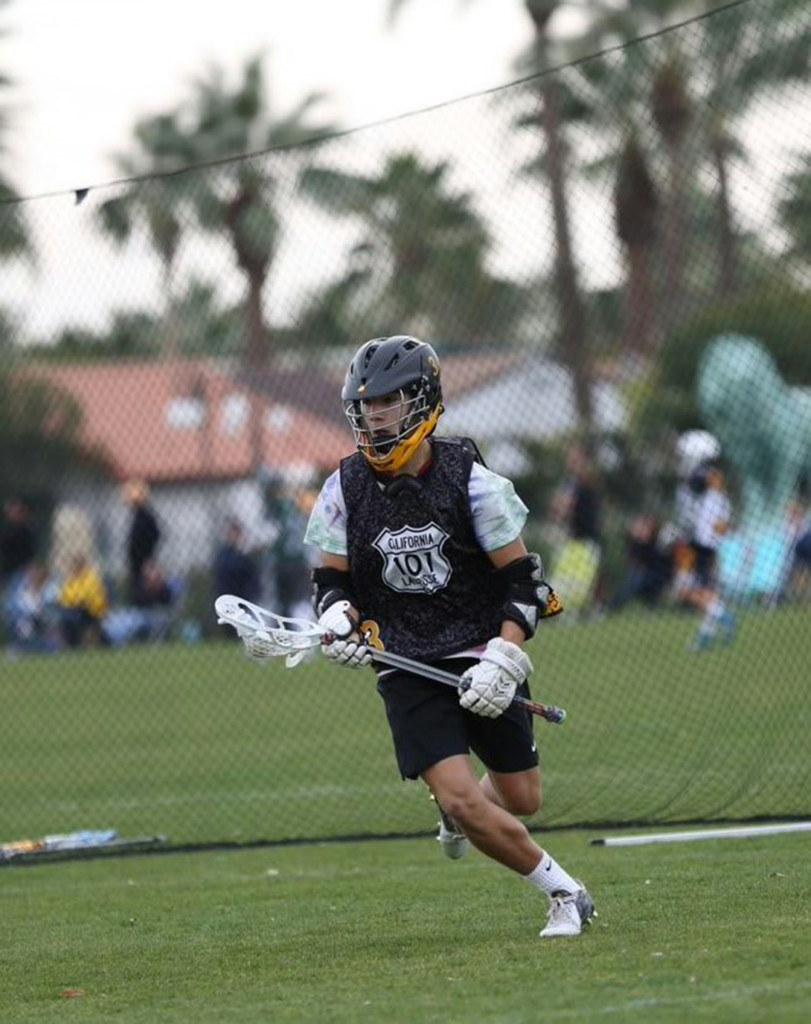
“I am so happy that Kate’s grief has allowed her to respond in this way and become an advocate.” And, in keeping with the emotional honesty that is a theme for the day, she adds, “My own grief made me want to crawl into a hole, and it’s been all I can do to climb out each day. It has definitely been hard for me to be here today talking about this. It is hard, and it is also what we need. We need to communicate and be open. We need to come together.”
The presence and courage of these two mothers, showing up to be with the students and faculty and staff of their school community at the hardest time of their lives, makes the afternoon program especially meaningful and emblematic. “I have thought long and hard about how I could have saved my son,” says Ruehle, who seems alternately exhausted by the sorrowful turn her life has taken and inspired by the change that has begun. “It’s been so encouraging to witness the student advocates in action and be a part of the change in the schools. I just pray that we can reach those at risk and these lessons might be of help to others.”
How to Help
To help prevent suicide and recognize the warning signs to help people at risk, the CDC recommends BeThe1to.com as a resource. The CDC also recommends reducing access to lethal means, such as firearms and medications, among people who are at risk of suicide.
Local Suicide Prevention Hotlines and Resources:
Marin County Office of Education Suicide Prevention Resources
National Suicide Hotline: Call 1-800-273-8255
Marin County: Call 415-499-1100 or, in Spanish, 888-628-9454
For grief support, call 415-499-1195
To volunteer (extensive training provided) call 415-499-1193
Or email us for info [email protected]
Additional Resources:
When it comes to depression, anxiety, and other mental health issues, treatment works, and there are a multitude of resources and organizations at the ready to help you or someone you love who is struggling. Here are some additional helpful resources and expert tips:
Teen Depression: What Parents Should Look For and 10 Ways to Help
Parents often struggle to discern between moodiness that is typical teenage behavior and what could be a larger mental health issue like depression. Here’s what you need to look out for.
How to Talk to Your Kids About Suicide: Expert Share Tips for Parents
There are many conversations that parents are uncomfortable having with their kids, but talking about suicide is particularly challenging. The topic is an important one, though, so we asked experts for their answers to some common questions parents have about whether to even broach the subject and, if they do decide to, what is the best way to do so.
Text-a-Tip: The Text That Can Save a Life
Be sure that your loved ones know they can text 847HELP to 274637. This text reaches Text-A-Tip, a text crisis hotline that provides complete anonymity and access to local licensed mental health professionals.
5 Ways to Help Your Kids Take Charge of Their Mental Health
Prioritizing adolescent mental health is essential to our ability as a society to begin to gain control over this public health crisis. Here are five ways you can support your children by fostering their positive mental health.

Kirsten Jones Neff is a journalist who writes about all things North Bay, with special attention to the environment and the region’s farmers, winemakers and food artisans. She also works and teaches in school gardens. Kirsten’s poetry collection, When The House Is Quiet, was nominated for the Northern California Book Award, and three of her poems received a Pushcart nomination. She lives in Novato with her husband and three children and tries to spend as much time as possible on our local mountains, beaches and waterways. For more on her work visit KirstenJonesNeff.Com.



